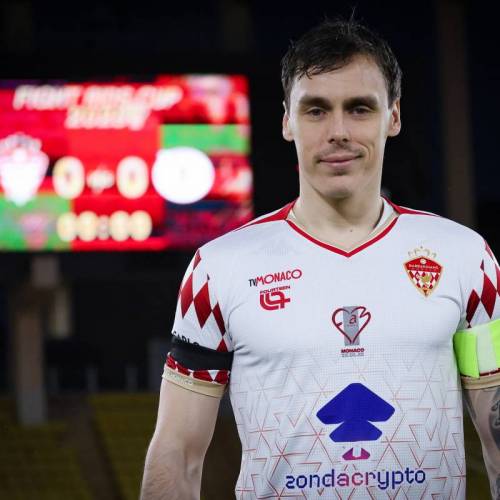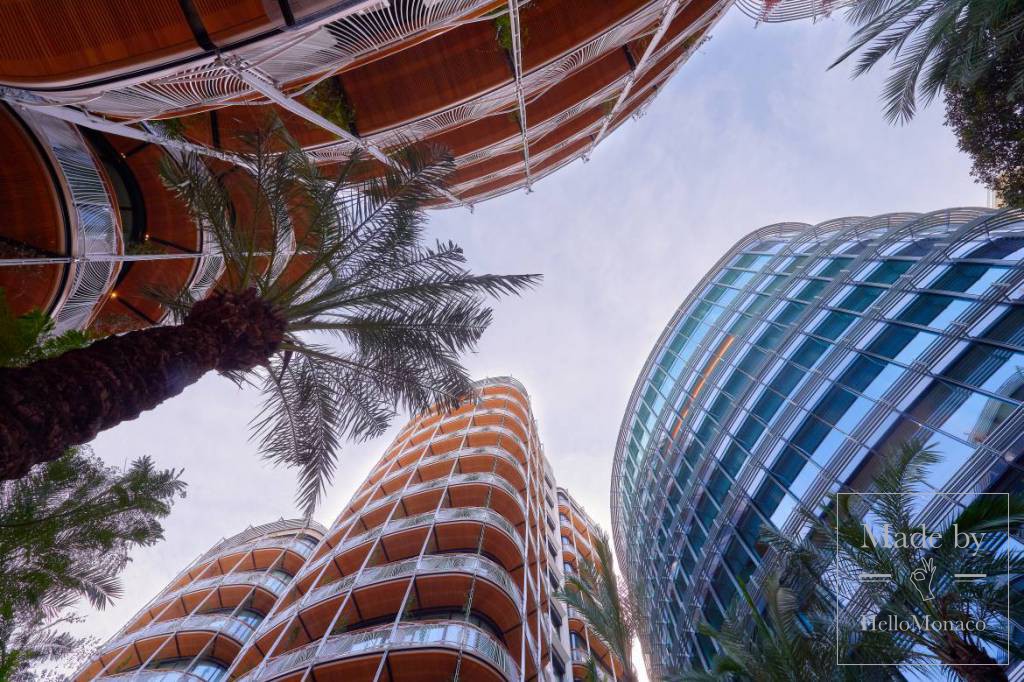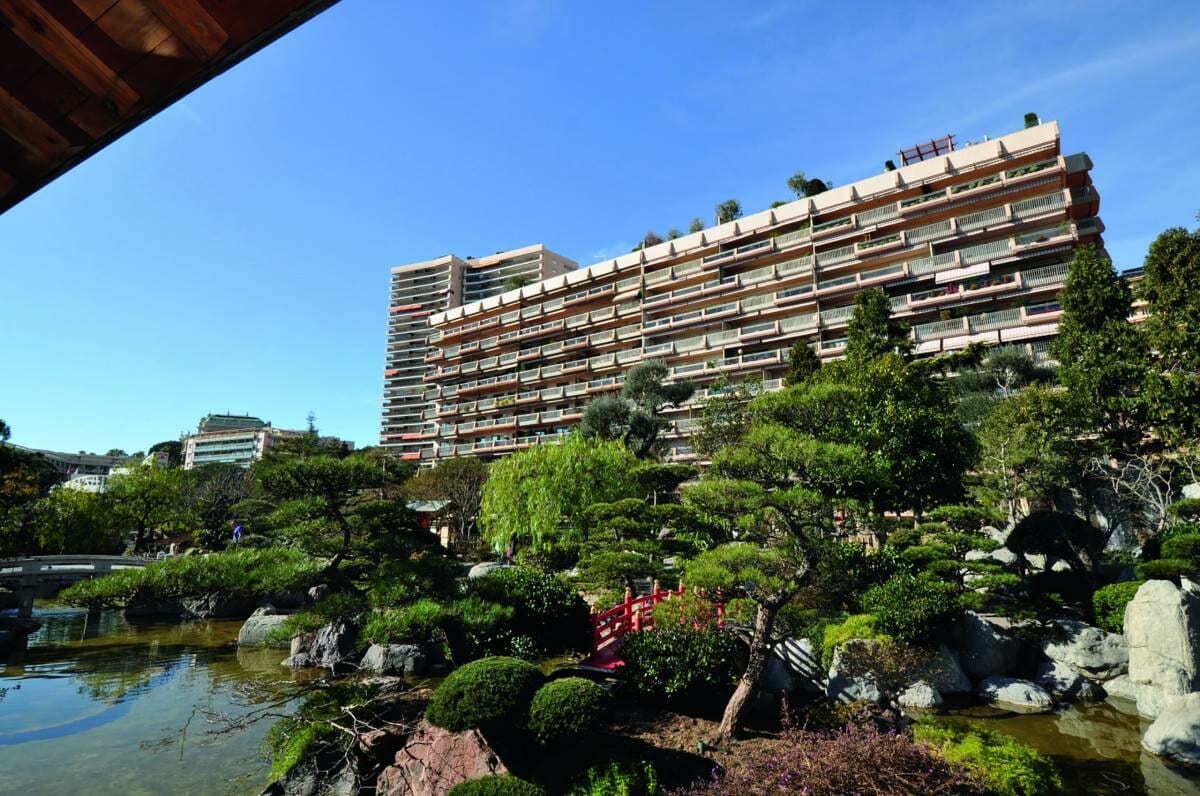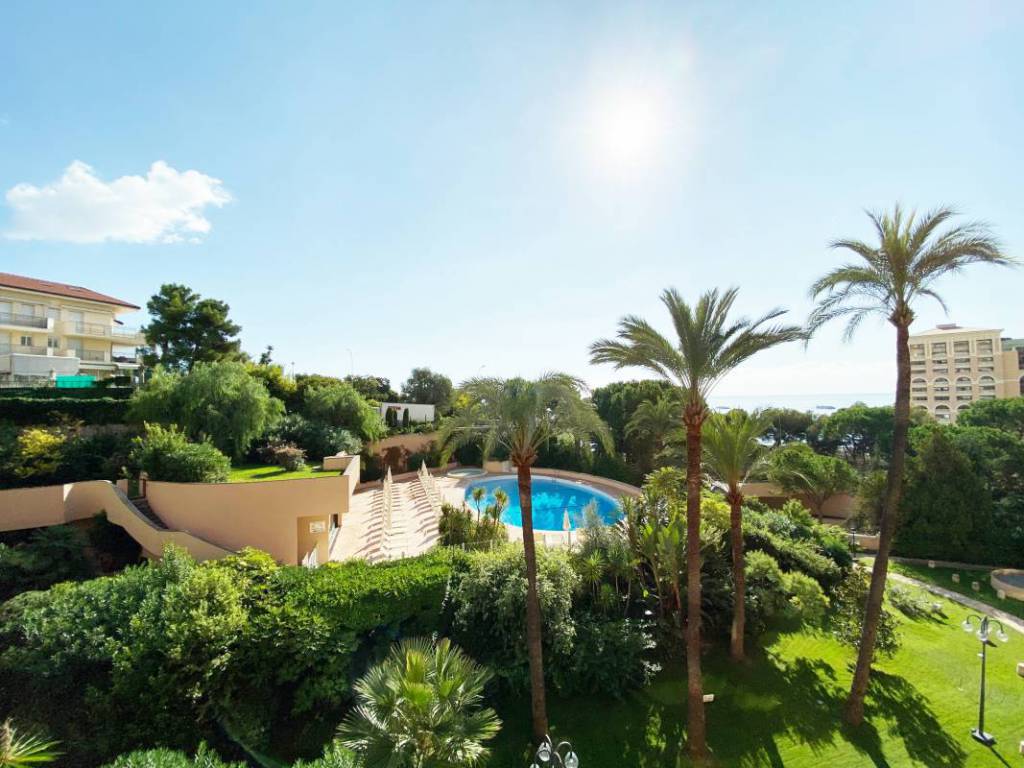Market Overview
Monaco is the most expensive property market in the world, according to a recent report by the international real estate company Savills: in 2016, the average resale price was $45,360 (or 41,400 euros) per square meter, compared with $42,840 (or €39,100) per square meter in Hong Kong and $31,994 (€29,200) in Tokyo, the next-most-expensive markets.
The average price paid for a resale home in Monaco last year was $4.7 million (€4.3 million), a 180 percent increase from a decade earlier, according to the report, while in Fontvieille, one of the most popular areas with home buyers, the average resale price was $6.4 million (€5.8 million).
One reason for the high prices is the lack of new construction in recent years, said Irene Luke, a partner in Savills’s Monaco office. Of the 553 homes sold in Monaco last year, only 33 (6 percent) were new buildings, according to the company’s data. “There is certainly a shortage of new properties for sale,” Ms. Luke said, and those that are new and large “are especially in demand.”
Recently, however, the market has begun to slow, with the number of sales declining after a record year in 2016, agents said.
“The market has leveled off somewhat in the last six months,” said Edward de Mallet Morgan, head of the Monaco office for Knight Frank. Monaco’s “discerning and wealthy clientele” is growing more selective, he said, and many buyers are not interested in buildings constructed more than 50 years ago. They “prefer not to buy in older buildings and refurbish, although because stock and supply is short, that is often what people have to do.”
Most of the homes available are apartments. “There are some independent villas, but not many,” Mr. de Mallet Morgan said. “And they tend to sell quickly if they are in good order.”
Who Buys in Monaco
Monaco’s famously low taxes continue to attract home buyers, agents said, but the demographics are changing. Buyers tend to be younger and more interested in making Monaco their primary residence. “They have residences all over the world as well,” Ms. Luke said, but “Monaco is not a secondary residence or holiday destination.”
Foreign buyers still come from all over the world, including Russia, former Soviet Republics, the Middle East and South Africa, Mr. de Mallet Morgan said, as many of them see Monaco as a more stable environment than their home countries. “Wherever there is political or fiscal instability, we see people coming to Monaco because of its safe-haven status,” he said. “Security and stability are precious commodities in today’s world.”
Buying Basics
The buying process is straightforward and follows most international guidelines, agents said.
A notary handles the details of the transaction and performs a search of the land registry for title records. The initial contract is signed with a 10 percent deposit held in escrow by the notary, Mr. de Mallet Morgan said, and financing is readily available for qualifying buyers.
Although the process is usually issue-free, he added, “we always advise buyers to consult with a lawyer before making an offer, so they are fully informed of all elements of the transaction.”
The process usually takes two to three months, but it can be much faster, Ms. Luke said: “We have done deals in a couple of days.”









